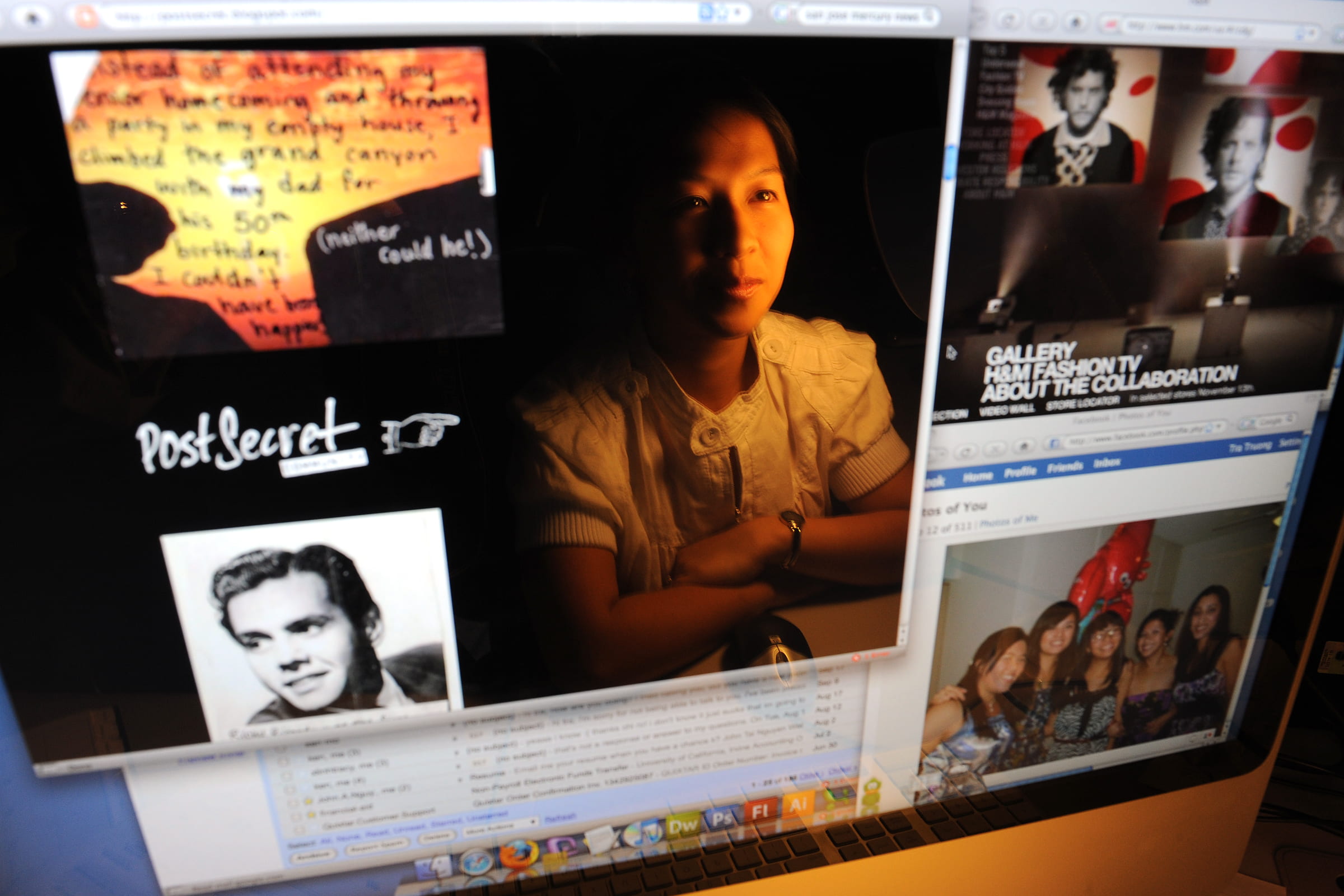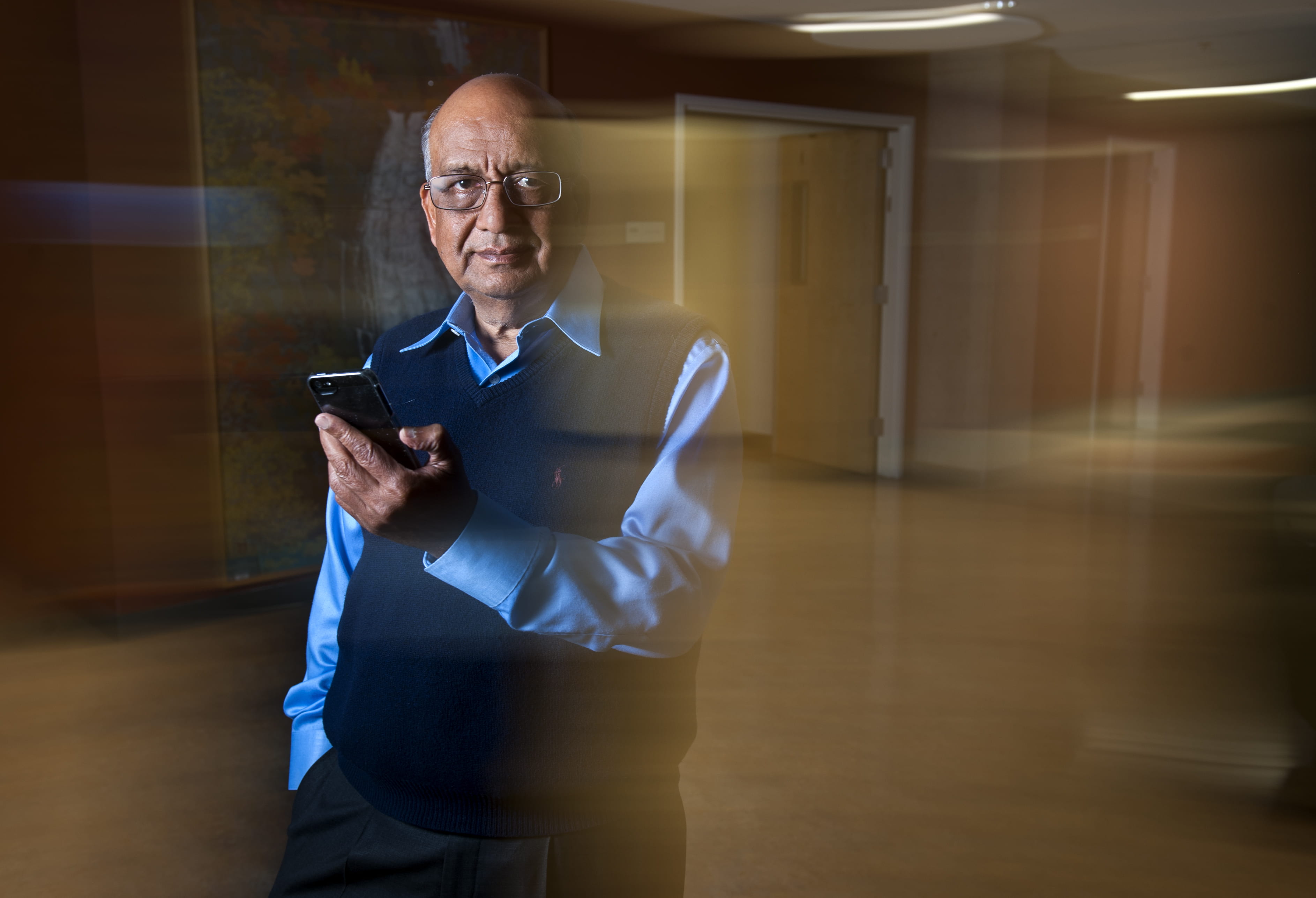Teens thrive in digital age
Teens who are into texting, gaming and “geeking out” are not wasting their time, according to results from the most extensive U.S. study on young people and their use of digital media.

Teens who are into texting, gaming and “geeking out” are not wasting their time, according to results from the most extensive U.S. study on young people and their use of digital media. Instead, the study shows that when America’s youth go online, they are developing important life skills that adults often are hard-pressed to appreciate.
“There are myths about kids spending time online – that it is dangerous or making them lazy,” said Mizuko Ito, a UC Irvine researcher with joint appointments in information & computer sciences and humanities and lead author on the study. “But we found that spending time online is essential for young people to pick up social and technical skills they need to be competent citizens in the digital age.”
Released Nov. 20, the study suggests that parents should help facilitate their teens’ online participation and that educators could benefit from creative classroom experimentation with digital media.
Ito, with the late Peter Lyman of UC Berkeley and Michael Carter of the Monterey Institute for Technology and Education, led a team of 28 researchers and collaborators. For three years, they interviewed hundreds of young people and their parents; spent thousands of hours observing teens on MySpace, Facebook, YouTube and other networked communities; and conducted diary studies to document young people’s digital media behavior. Among the findings:
- Youth are navigating complex social and technical worlds by participating online. Their worlds have new dynamics, as online socializing is permanent, public, involves managing elaborate networks of friends and acquaintances, and is always “on.”
- Young people are motivated to learn from their peers online. They interact, give and receive feedback, respect each other’s authority and are more inclined to learn from each other than from adults.
- Youth can connect with people in different locations and of different ages who share interests, making it possible to “geek out” or pursue interests that might not be popular or valued with local peers. “Geeked-out” learning opportunities are abundant, spanning topics from astronomy to creative writing and foreign languages.
The research was supported by the John D. and Catherine T. MacArthur Foundation’s $50 million digital media and learning initiative, which explores how digital media change the way young people learn, play, socialize and participate in civic life.
